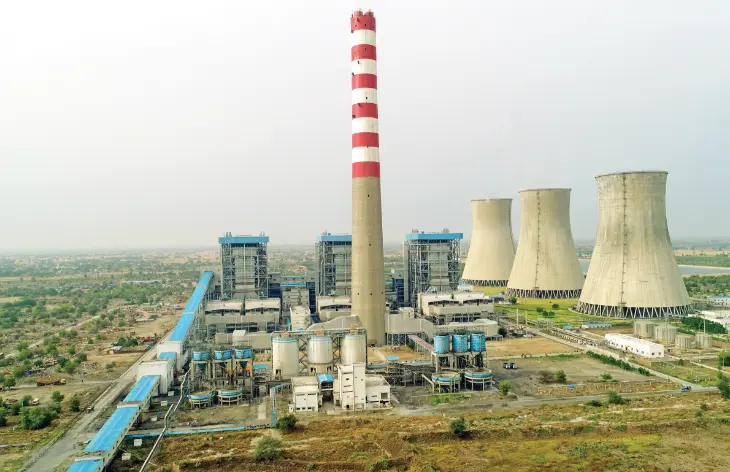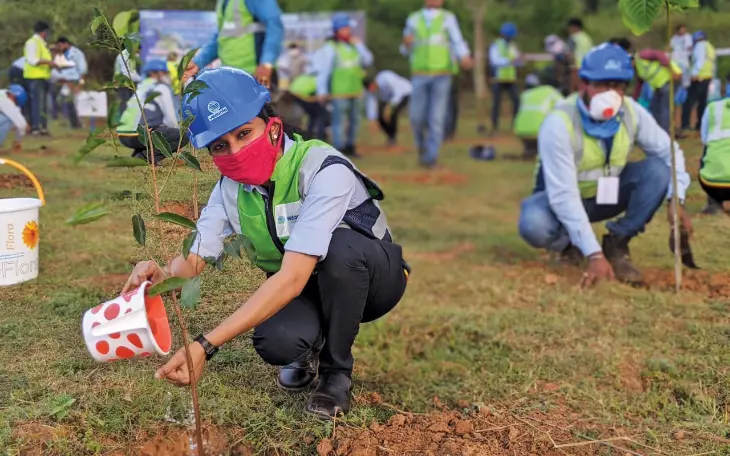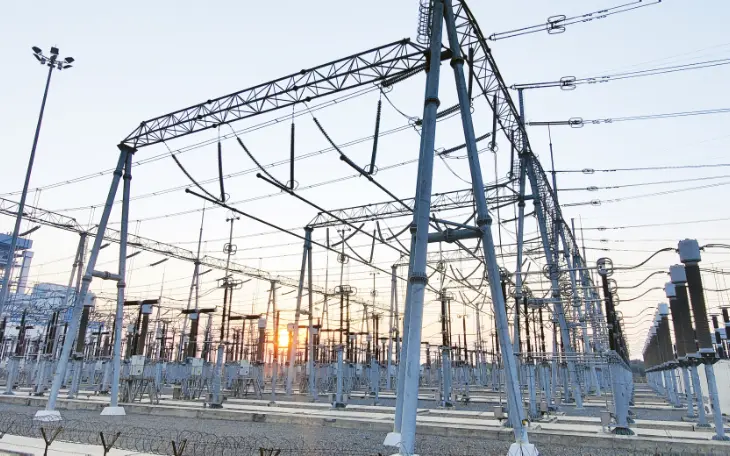Operational Review

FY 2024-25 marks a pivotal year for Vedanta Power as we advance our strategy to scale operational capacity and reinforce energy security through key thermal power expansions. Two major projects are at the forefront of this growth:
Phase-1 (300 MW) is already operational, while Phase-2 (700 MW) is on track for commissioning in the first quarter of FY 2025-26.
Unit 1 (600 MW) is also scheduled to commence operations in the first quarter of FY 2025-26
Power sales for FY 2024-25 stood at 12,822 million units, reflecting a 5% decline Y-o-Y, primarily due to plant-specific operational constraints.
At TSPL, power sales totalled 10,230 million units, with a plant availability of 81%. TSPL operates under a long-term Power Purchase Agreement (PPA) with the Punjab State Electricity Board, under which revenue is primarily linked to plant availability, ensuring stable returns.
MEL continues to sell power through the electricity exchange, offering revenue flexibility by enabling price optimisation in response to market dynamics.
At the Jharsuguda Independent Power Plant (600 MW), the Plant Load Factor (PLF) was 47% in FY 2024-25, impacted by temporary ash evacuation challenges and scheduled repair and maintenance activities.
Revenue for the year was ₹ 6,159 crore whereas EBITDA for the year was ₹ 737 crore, down by 24%.
(₹ crore, unless stated)

Aligned with our Group’s Zero Harm philosophy, we identified key safety risks and formed cross-functional risk committees to integrate safety into daily operations. In FY 2024-25, our focus was on strengthening Critical Risk Management (CRM) to proactively address high-potential risks. TSPL undertook a comprehensive HAZOP study, developed CRM champions, and conducted advanced risk assessment workshops. At MEL, HAZOP and LOPA studies were conducted to evaluate potential process and equipment hazards. Both plants recorded zero fatalities, reflecting the effectiveness of our safety interventions. The emphasis on ‘Visible Felt Leadership’, increased use of digital safety platforms, and ongoing training programmes for employees and partners further reinforced our safety culture.
Environmental responsibility remains a core tenet of our operations. TSPL, Athena and MEL together maintain over 1,230 acres of green cover, with continuous efforts to expand plantation in and around plant premises. TSPL achieved 118% fly ash utilisation, with applications in road construction, brickmaking, and cement production. MEL attained zero legacy ash status by fully utilising accumulated fly ash for infrastructure development, supporting our circular economy agenda. In water management, TSPL recycled 24% of water used, while MEL operated entirely on saline water, demonstrating a strong commitment to water stewardship and eliminating reliance on freshwater sources.
Under its CSR initiative Navi Disha, TSPL addressed stubble burning in Punjab by partnering with local vendors to manage 20,000 acres of farmland. The project collected 8 lakh tonnes of crop residue, redirecting it for use in manure and biofuel, thereby avoiding an estimated 1.168 million metric tonnes of CO2 emissions.
